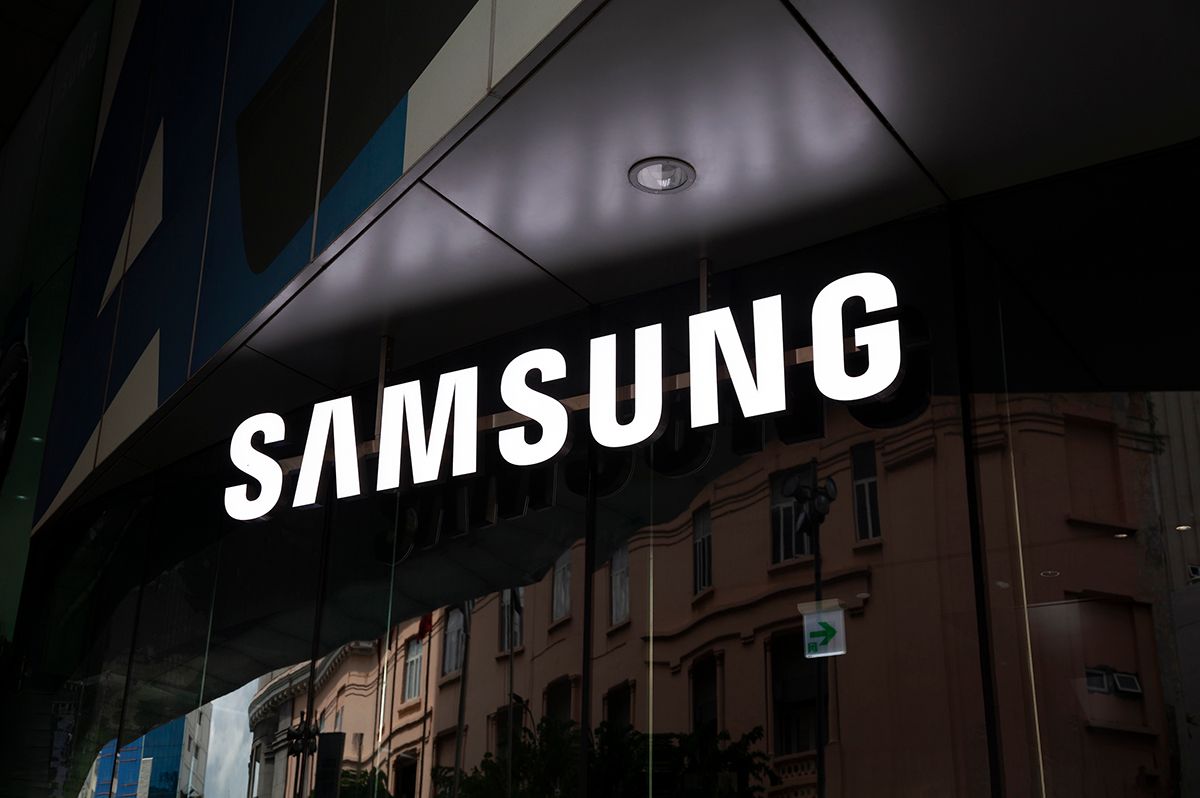Samsung Electronics, the tech giant of South Korea, is on the brink of its inaugural strike as talks concerning pay and bonuses hit a deadlock. The Nationwide Samsung Electronics Union (NSEU), representing around 28,000 employees, has declared a one-day strike slated for June 7. This move signifies a notable escalation in the ongoing standoff between the corporation and its labor force.
With nearly a quarter of Samsung’s workforce in the nation under its banner, the NSEU attributes the impending strike to failed discussions on pay and bonus structures. The union contends that it can no longer tolerate what it perceives as the company’s reluctance to engage constructively.
Among the union’s demands are transparent and equitable performance bonuses coupled with wage hikes. Son Woomok, a prominent union figure, underscored the absence of meaningful wage negotiations historically, highlighting that decisions were typically made without the union’s input. The union advocates for a more inclusive negotiation process, championing the rights and interests of Samsung’s employees.
In response to the looming strike, Samsung reaffirmed its commitment to sincere negotiations with the union. The corporation stressed its genuine endeavors to broker an agreement, signaling readiness to address the concerns raised by the NSEU.
Samsung’s call for a strike comes amid a challenging period for the tech behemoth. In recent times, the company has grappled with various obstacles, including a historic shortage of computer chips exacerbated by the Covid-19 pandemic. Furthermore, dwindling smartphone demand amidst global economic uncertainty has contributed to Samsung’s weakened performance. The corporation recorded its lowest annual operating profit in 2023 since 2009, relinquishing its status as the foremost global smartphone manufacturer.
Nevertheless, amidst these trials, Samsung remains bullish about its future prospects, particularly in light of the burgeoning demand for artificial intelligence (AI) technology. The company anticipates a resurgence in mobile device demand, driven partly by the introduction of new AI-powered products. Samsung’s first-quarter operating profit witnessed a significant uptick, reflecting robust demand for AI and high-end chips, segments where it competes with industry titans like Intel and Taiwan’s TSMC.
The microchip sector, integral to Samsung’s operations, is predominantly dominated by two regions: Taiwan and South Korea. While Taiwan holds a larger market share, South Korea is keen to challenge this hegemony. Leveraging its advanced technology and strategic investments, Samsung aims to bolster its standing in the global microchip market, positioning itself as a pivotal player in the AI revolution.
As the June 7 strike looms, both Samsung and the NSEU remain steadfast in their stances. The aftermath of the strike will not only impact the immediate negotiations between the company and its employees but also cast light on the broader labor dynamics within South Korea’s tech sector. As Samsung navigates these challenges, its ability to address workforce concerns while upholding its competitive edge in the global arena will be under intense scrutiny.







